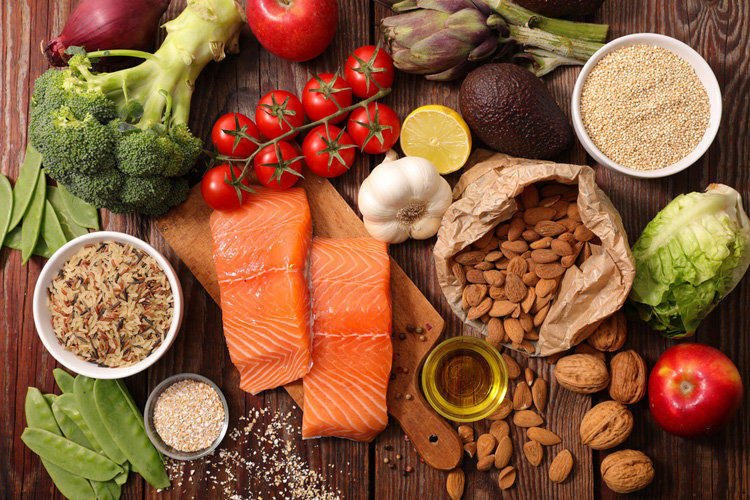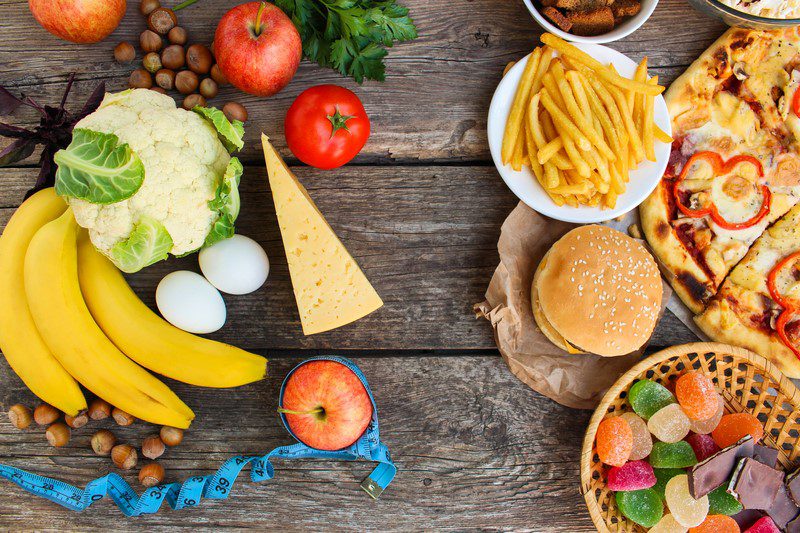The diets suggested below should be considered unconventional. When we say unconventional, we don’t mean ineffective, trendy, or fancy. All of these diets have been known for a long time and are successfully used by representatives of the world of fitness and bodybuilding, but we recommend that you thoroughly study the theory before trying one of them. Some of the alternative nutritional approaches are real lifestyles and are not suitable for short-term experimentation.

Paleo diet. The Paleo diet is based on the use of foods that prevailed in the human diet before the first agricultural revolution – the Neolithic revolution. It was then (about 10,000 years ago) that people moved from gathering and hunting to settled residence and agriculture. Paleo apologists argue that for most of their history, humans have not consumed foods such as refined sugars, grains, and high glycemic carbs.
The Warrior’s Diet. As part of the Warrior Diet, one main meal is allowed, during which you get the lion’s share of the nutrients. For this meal, the evening time is chosen – the “dinner window”, which opens approximately 2 hours before going to bed. The main idea of the Warrior Diet is that during most of the day, while you are starving, the mechanisms responsible for survival are activated. These mechanisms force the body to burn adipose tissue, due to these mechanisms, your perception will be sharpened, and you will get rid of laziness, as the body switches to a primitive state of searching for a victim for food.
Short-term fasting. At its core, short-term fasting is a lot like the Warrior Diet. Short-term fasting involves a 16-hour window during which you do not eat anything, but in the remaining 8 hours of the feast you should get your daily calorie intake. This is the time when pre-workout meals are included, but the focus is on making the most of your post-workout meal.

The dishes that you will get acquainted within this section are simple and quick to prepare. The main focus is on simple, tasty and affordable ingredients. Lunch/dinner can be prepared in an hour, and breakfast can be prepared in less than 10 minutes. We’ll also cover some simple snack options.




